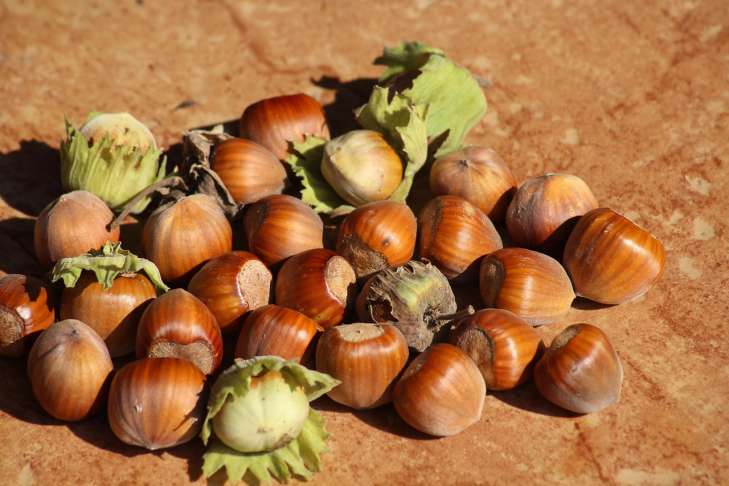Hazel: How to Grow
It is better to choose a planting site so that it is not exposed to spring floods.
Shrubs can be planted both on flat areas and on slopes.
Avoid planting on south-facing slopes, as they are drier, plants bloom earlier, and there is a risk of frost damage.
What kind of land is needed for hazel
Hazelnuts are best suited for sandy-clayey and humus-carbonate soils.
Hazel does not tolerate shallow, poor, dry and acidic soils.

Lands with high groundwater levels, as well as lands where surface water persists for a long time, are not suitable for growing hazelnuts.
How to plant hazel in spring
Before planting hazel, the roots of the seedling are dipped into a clay-manure mash or treated with “root”.
The soil mixture is poured in small portions, trying to distribute it evenly, leaving no voids.
The soil is compacted and then watered abundantly.
When can hazel be replanted
It is best to plant hazel or hazelnut in spring or autumn, experts say.
The main thing is that there is no frost outside during planting.
Hazel can be replanted in two ways: shoots (root suckers) and layering (a branch growing close to the ground).
Previously, we told you how to grow hibiscus.


